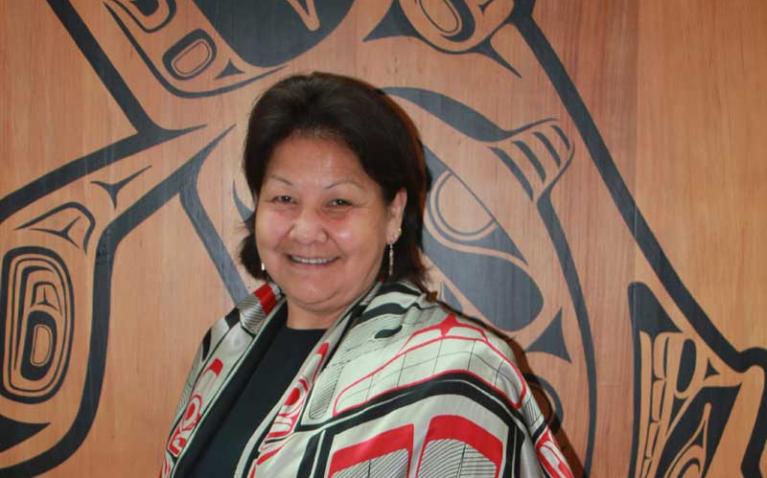What's at stake and what's at play : a case study of government and non-profit stakeholders and their experiences of power in the early stages of collaboration (2023)
Collaboration is a messy, complicated, and socially constructed (Burr, 2015) practice, involving stakeholders from different organizations to purportedly achieve consensus on mutual aims. It is often presented as a seamless and productive practice of stakeholders negotiating different interests, values, and aims (Gray, 1989). At the same time, it is fraught with tensions and challenges related to varying power and capacities (Gray & Purdy, 2018; Phillips et al., 2000), interacting with the policies and politics in the ecosystem (Weaver-Hightower, 2008), which impacts both the stakeholder experiences and the overall aims of collaboration.This qualitative research study analyzes stakeholders’ experiences from non-profit and government organizations involved in collaboration in a geographically and culturally diverse community in Western Canada. The case, the Young Child project, studied from 2007 to 2011, is bounded (Yin, 2018). Using Gray and Purdy’s (2018) framework for power dynamics within collaboration, I analyze the variations of (a) different forms of power (authority, resources, and discursive power) and (b) power orientations (power over, power to, and power for) taken by stakeholders in their interactions with others.I analyze interview transcriptions, project and policy documents, media articles, and my reflexive journal to examine the multiple dimensions of power in collaboration. I explore three themes: how participants describe their experiences in the Young Child collaboration, what discourses they use to describe positionality, and how participant narratives and project documents reflect the intersection of power and democratic participation in collaboration.Based on my analysis, I argue that concerted time to develop relationships, role clarifications, and emotional connections to the issues at stake during the early stages of collaboration can mitigate abuses of power that can occur in the process. Additionally, I suggest that stakeholder participation defines and constructs collaboration and impacts how dynamics of power are navigated within informal and interactional spaces. I outline the relationship between the politics and policies within the defined collaboration and the surrounding ecosystem. Finally, I conclude that individual stories demonstrate hidden and implicit dynamics in collaboration. And stories also provide opportunities to improve the development of collaborative aims and the experiences of stakeholders involved in this practice.
View record
